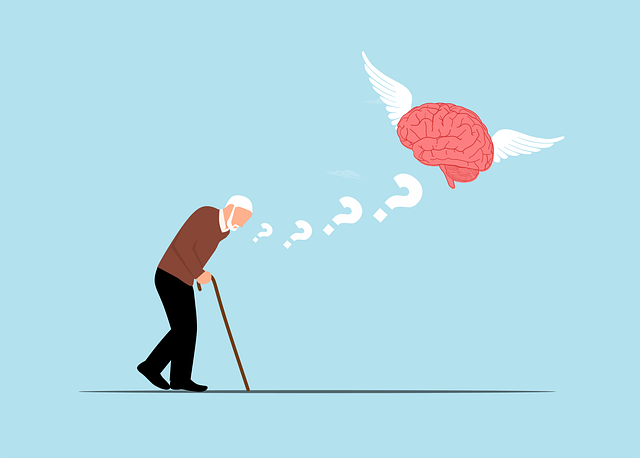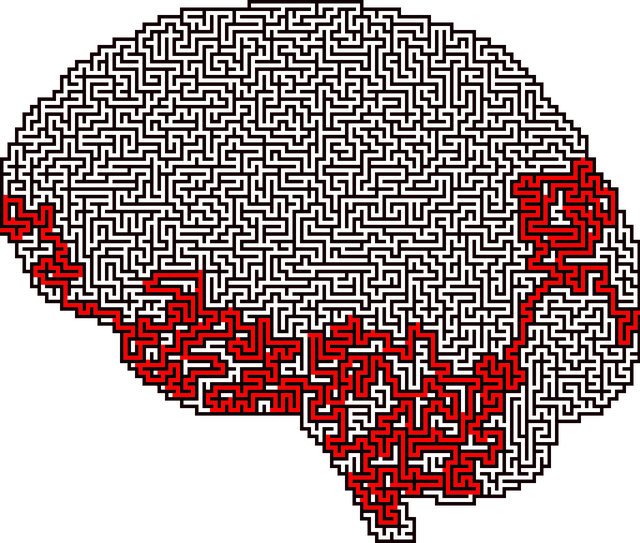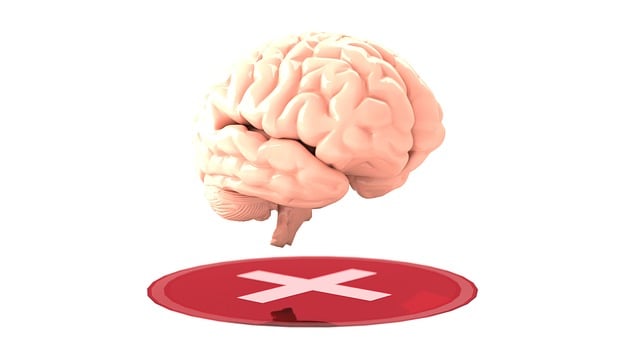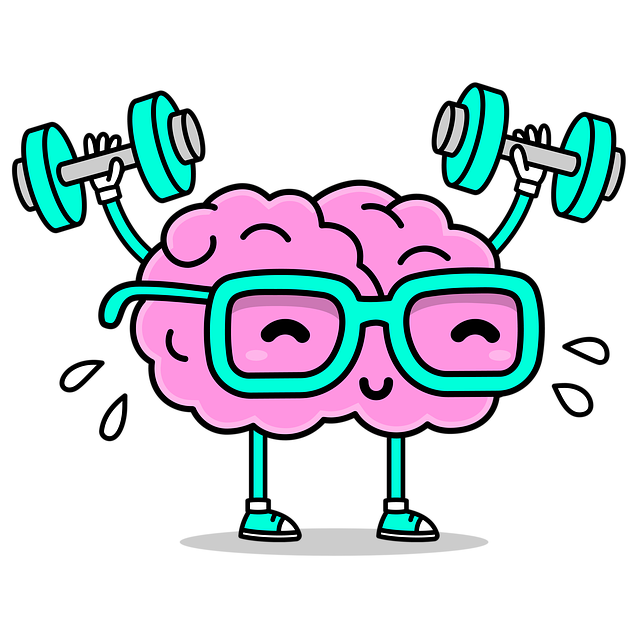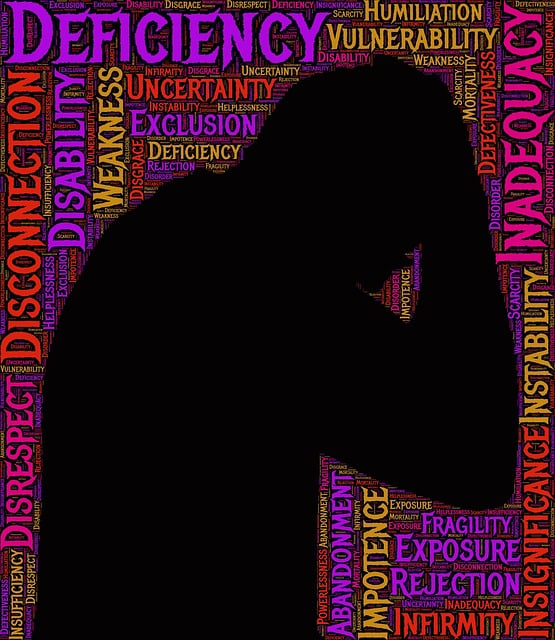Mental wellness coaching for adolescent teens requires tailored approaches addressing social pressures, identity formation, and academic demands. Traditional therapy often falls short; a holistic model integrating community context and compassion cultivation is essential. Early intervention through risk assessment and stigma reduction campaigns is key. Combining evidence-based practices with personalized support, coaches empower teens with emotional regulation skills and 'mind over matter' principles for lasting mental health improvement. Tailored strategies, cultural sensitivity, and community engagement are vital, focusing on therapy for adolescent teens and couples counseling to strengthen communication, resolve conflicts, and build resilience within families.
“In today’s fast-paced world, mental wellness coaching programs have emerged as a vital tool in addressing the unique challenges faced by teenagers. This article delves into the development of specialized coaching models tailored to support adolescent mental health. We explore why traditional therapy might not suffice and highlight the effectiveness of evidence-based practices combined with individualized approaches.
From engaging teens through effective strategies to promoting coping skills, we guide readers through the process. Additionally, we emphasize the role of couples counseling in supporting families and fostering healthy relationships for overall well-being, especially for adolescents.”
- Understanding the Need for Specialized Programs: Exploring the Unique Challenges of Teen Mental Health.
- Designing Effective Coaching Models: Incorporating Evidence-Based Practices and Individualized Approaches.
- Implementing Therapy for Adolescents: Strategies for Engaging Teens and Promoting Coping Skills.
- The Role of Couples Counseling: Supporting Families and Fostering Healthy Relationships.
Understanding the Need for Specialized Programs: Exploring the Unique Challenges of Teen Mental Health.

Mental wellness coaching programs must evolve to meet the distinct challenges faced by adolescent teens. The teenage years are a crucial period marked by rapid physical, cognitive, and emotional changes, often exacerbating existing mental health issues or triggering new ones. Unlike adults, teens struggle with navigating social dynamics, peer pressure, academic demands, and identity formation, all of which can contribute to heightened stress levels and mental health concerns such as anxiety, depression, and even suicidal ideation.
Traditional therapy models, including individual counseling and couples counseling for families, often fall short in addressing these complex issues. A comprehensive approach is required that considers not just the teen but also their social context—school, family, peers—and the broader community. Incorporating risk assessment tools for mental health professionals can help identify at-risk individuals early on, while public awareness campaigns development can foster a supportive environment and reduce stigma associated with seeking therapy for adolescent teens. Compassion cultivation practices have proven effective in teaching teens self-compassion and emotional regulation skills, empowering them to better manage their mental wellness journey.
Designing Effective Coaching Models: Incorporating Evidence-Based Practices and Individualized Approaches.

In designing effective coaching models for mental wellness, integrating evidence-based practices and individualized approaches is paramount. Therapy for adolescent teens and couples counseling have proven to be game-changers in fostering emotional healing processes. By combining research-backed strategies with tailored support, coaches can create a safe space where clients explore their thoughts and feelings, ultimately boosting confidence.
Mind over matter principles play a crucial role in this process, empowering individuals to take control of their mental health. These approaches acknowledge the profound impact of our thoughts on overall well-being, encouraging clients to challenge negative thought patterns and cultivate positive ones. This holistic perspective not only enhances emotional resilience but also fosters lasting personal growth.
Implementing Therapy for Adolescents: Strategies for Engaging Teens and Promoting Coping Skills.

Implementing effective therapy for adolescent teens requires tailored strategies to engage this demographic and equip them with essential coping skills. Mental wellness coaching programs must address the unique needs and challenges faced by teens, often within the context of their relationships and family dynamics. Couples counseling, for instance, can be a game-changer in fostering communication and resolving conflicts, enhancing family resilience building.
Healthcare provider cultural competency training is crucial to ensuring that therapy is sensitive to diverse backgrounds and experiences, increasing teen engagement. Community outreach program implementation can also facilitate access to mental health services, targeting underserved populations. By combining these approaches, coaching programs can create a supportive environment, encouraging adolescents to actively participate in their journey towards improved mental wellness.
The Role of Couples Counseling: Supporting Families and Fostering Healthy Relationships.

Couples counseling plays a pivotal role in mental wellness coaching programs, especially when aimed at adolescents and teens. By providing a safe, non-judgmental space for partners or family members to communicate, this therapy facilitates the resolution of conflicts and strengthens interpersonal connections. For young individuals navigating emotional challenges, having a solid support system within their families is crucial. Through counseling sessions, adolescent teens and their loved ones can learn effective communication strategies, enhance conflict resolution skills, and develop deeper empathy and understanding.
The process often involves teaching social skills training to foster healthier interactions and promote emotional healing processes. By mastering emotional well-being promotion techniques, couples can better assist their teen in managing stress, anxiety, or other mental health concerns. This collaborative approach ensures that adolescents receive holistic support, addressing both their individual needs and the dynamics of their family relationships.
Mental wellness coaching programs focused on adolescents must address the unique challenges they face. By incorporating evidence-based practices, individualized approaches, and engaging strategies like therapy for adolescent teens, we can effectively support their mental health. Additionally, couples counseling plays a crucial role in fostering healthy relationships within families, providing a holistic approach to adolescent well-being. These comprehensive programs are vital to navigating the complex landscape of teen mental health and ensuring a brighter future for our young people.

